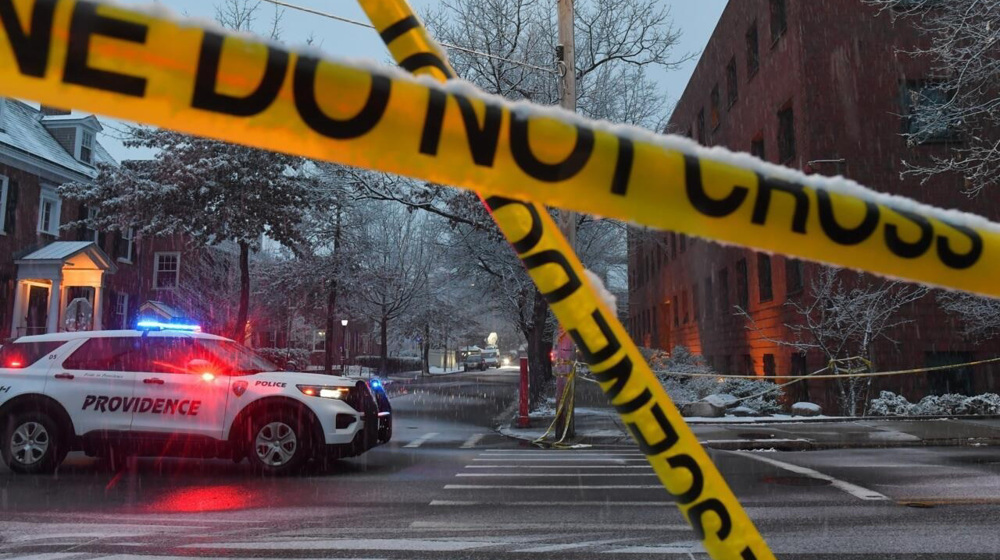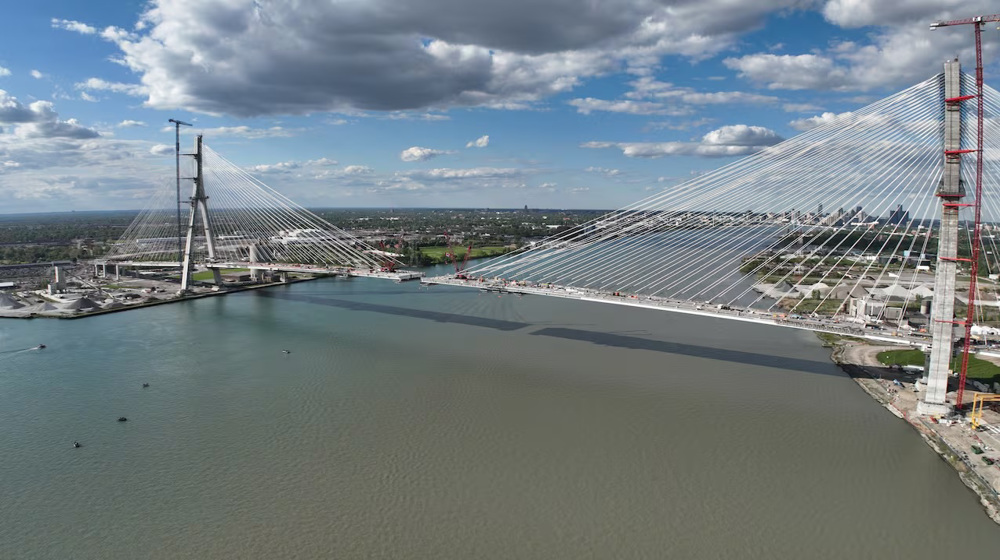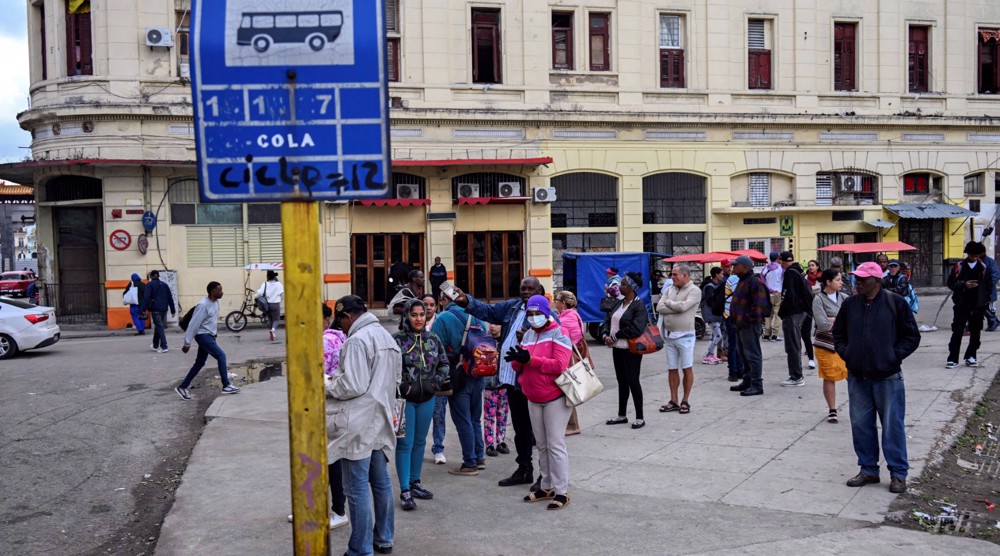Did US oust Morales for Bolivia’s lithium reserves?
In the wake of the ouster of Bolivian President Evo Morales, a controversial speculation has been raised among analysts who say the military coup may have been intended to ensure US control of the South American country’s massive lithium resources.
Evo Morales, Bolivia’s first indigenous leader, was declared president for a fourth term in the recent election but the opposition rejected the outcome and claimed that the election process had been fraudulent.
This sparked violent street protests which led to a senator proclaiming herself Bolivia's interim president on Tuesday.
Morales, who called the move a "sneaky coup,” flew to Mexico where he was granted asylum.
In an interview on Friday, Morales said the United States was a “great conspirator' of the coup against his government.
Analysts now speculate that the coup cannot be understood without a glance at Bolivia’s massive reserves of lithium.
The mineral is critical to batteries, clean energy and electric cars.
Bolivia has long struggled to raise investment to develop its lithium reserves.
In recent years, the Morales government signed two contracts totaling over $3 billion for lithium development with a Chinese firm as well as a German company.
Bolivia, however, cancelled one of the contracts with the German firm in early November, just about a week before his forced resignation.
Bolivia is believed to have some 70 percent of the world’s known lithium reserves.
Both Chinese and Bolivian companies were experimenting with new ways to both mine the lithium and to share the profits.
The contract with China made the Morales government vulnerable, experts say.
They believe that the contract unwittingly placed Bolivia squarely into a new cold war between the US and China.
For more than a year, Washington and Beijing have been engaged in disputes over issues such as cyber security, regulations, intellectual property, subsidies and tariffs.
The administration of US President Donald Trump launched a trade war with China last year, when it first imposed unusually heavy tariffs on imports from the Asian country. Since then, the two sides have exchanged tariff hikes on more than 360 billion dollars in two-way trade.
Over 2,000 Britons served in Israeli military during Gaza genocide: Report
Houthi: Iranian, Yemeni revolutions inspire Islamic nation in face of enemy plots
Iran defeating sanctions for decades since Islamic Revolution victory
AIPAC faces challenge as new PAC seeks to end US backing of Israel
VIDEO | Press TV's news headlines
Iran president hails ‘exceptional’ turnout in Islamic Revolution anniversary rallies
VIDEO | Pro-Palestine protesters rally in Melbourne on final day of Israeli president's Australia trip
Gaza genocide's death toll may exceed 200,000: Report













 This makes it easy to access the Press TV website
This makes it easy to access the Press TV website